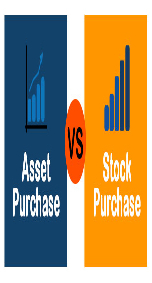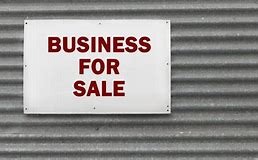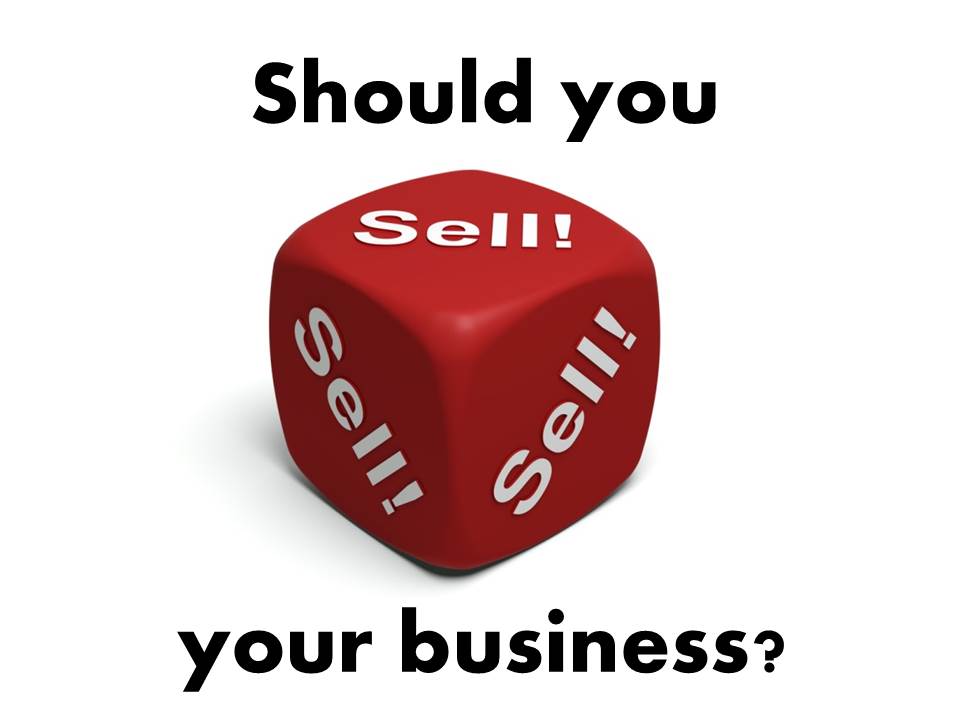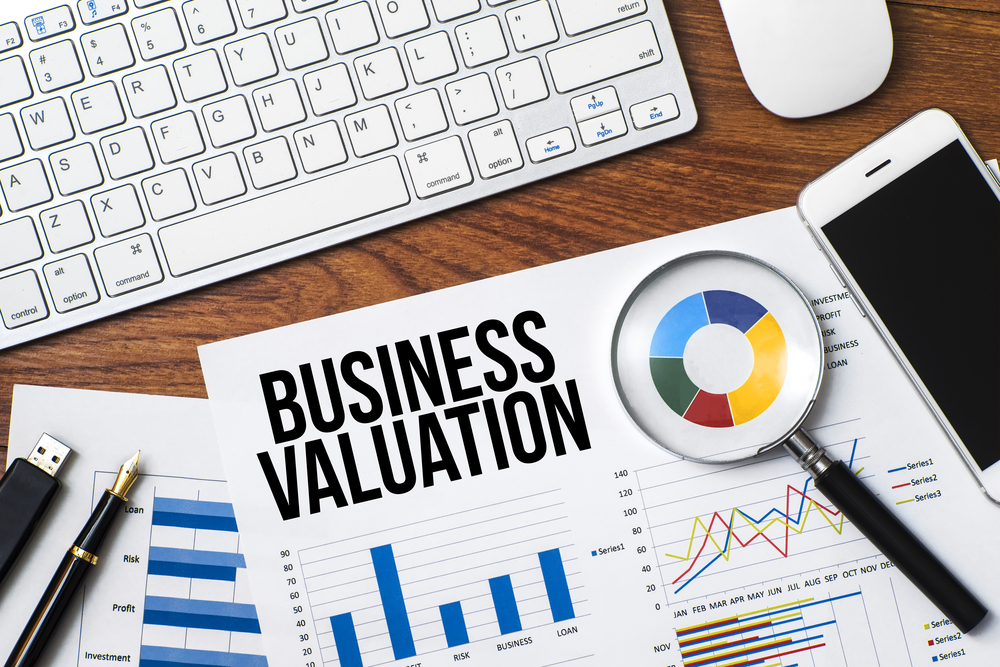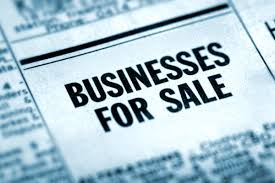A business needs to be a certain size before it makes sense to try selling it. It needs to be generating a decent sized net profit of at least several tens of thousands of dollars (after paying the owner a fair market salary for the time spent running the business).

It’s been my recommendation for a long time, that businesses operating below a certain threshold are often better off just closing down than attempting to find a buyer.
For very small businesses my advice is to not waste time or energy trying to sell the business. For slightly larger businesses it may be worth attempting to sell the business yourself (not via using a broker). And only after you’ve reached a certain stage in the growth of the business does it make sense to engage someone to assist with the sale.
The thresholds aren’t set in stone and I can’t give you exact figures but the rule of thumb is that the lower your net profit / EBITDA, the less it makes sense to go to market. That said, the content below may give you a better idea on thresholds.
Today I shall explain
– The Owner Trap
– The Broker Trap
– The Buyer Trap
– The Geography Trap
There are ways around some of these problems, but let’s look first look at the points above and how / why they impact on the difficulty of sale.
The Owner Trap
The smaller the business the greater the reliance of the business on the owner/s. One man band (OMB) businesses are, of course, entirely dependent on the skills and time of the owner. Such business owners often come to me convinced that there must be someone out there who’d pay to acquire the cash flow (profit) the business is generating.
I can easily transfer my skills to the new owner,” they argue.
Unfortunately, their view of buyer demand differs greatly from the reality. Buyers see such investments as highly risky and generally avoid OMBs.
Take a typical OMB – a plumber with a list of regular clients. His pool of available buyers is extremely small. The buyer would need to be a qualified plumber, would need to be interested in buying a business, would need to have the money to make the acquisition and would need to be based in or near the city our OMB is in! What about retail shops, cafes, dog walking services, window cleaning rounds etc., where no skill or trade is involved? Those suffer the same geography disadvantage (discussed in more depth later).
The next step up from the OMB is the business that has employees but where the owner/s is still performing a critical role. Even when such a business has strong profit generation the transferable value of the business is very low because of the reliance on the owner.
Buyers, whether individual buyers or corporate entities, see themselves as investors. They are generally not looking for a job, they are not looking for a business in which they have to perform work. They are looking for an investment where their money performs the work for them and generates the profit they are looking for.
Small businesses tend to not fit the profile of what the typical buyer seeks.
The Broker Trap
To understand why it doesn’t make sense for a competent professional to take on a micro business, one needs to appreciate what’s involved in selling a business.
Selling a business properly is very different to selling a house. You don’t just create a brochure and post an ad online. Well, that’s what some brokers do (and that’s why some of them do not sell even one in ten of the businesses they take on!).
It takes hundreds of hours to analyse the business, recognise and fix some of the flaws, get the business ready for sale by putting together all the right documents, prepare the business for buyer “due diligence”, market the business, find the right buyers, and liaise with numerous buyers to answer the millions of questions they have etc. And all of that before one gets a single offer.
And once you get an offer, and get past the negotiation to a deal that both parties agree to, it’s still shaky ground! The chances are 90% that the offer will collapse at some point and you’ll have to start again. Yes, even if it looks like a solid, cannot-fail offer. It takes a lot of skill, project management, use of psychology, use of tact and all kinds of other skills to manage all the competing egos and the various players (shareholders, key staff, both buyer and seller’s accountants, both parties’ lawyers, any third party finance companies etc etc) to coax the deal to completion. Yes, that’s the reality. Even for the simplest of deals!
In fact, it takes 200 to 500 hours, or more, for a competent broker to get even a small business from start to finish (if he’s doing a proper job).
A competent professional in this field wouldn’t work for minimum wage and would expect at least $100 an hour. So, given he could be spending 500 hours, he’d need to see a clear route to
at least $50,000 in fees! And he won’t get that kind of compensation when he sells a $100K or even a $200K business. The business needs to have a market value of at least $500K – $1M for a decent broker to get involved. And I’m talking a genuine $500K – $1M valuation (not the inflated valuations provided by the typical broker).
So what happens is that at the lower end of the market you don’t get the competent professionals. You get the pile ’em high and sell ’em cheap broker. You often end up with brokers who do little to no work to sell your business and there are many horror stories involving business brokers operating at this end of the market. That’s why I generally recommend that owners of smaller businesses attempt the sale themselves rather than seek the help of brokers. But it isn’t easy. I do offer a consultancy service where you can book me by the hour for advice and assistance. Get in the touch if you wish to enquire about this.
Bottom Line: If your business is highly likely to sell for a few million dollars it makes sense to hire proper professional assistance. If it’s a micro business – tread very, very carefully before signing up with a broker as the chances are that only the bad ones will take you on. If you fall in-between the micro business and the multi-million dollar business, drop me a message as I have a different solution for you.
The Buyer Trap
Most vendors of businesses have never bought a business themselves so have very little understanding of the process from the buyer’s point of view.
Buyers are fussy, they need to be. Small businesses are high risk investments. Buyers have to be ultra cautious. They can’t believe a word you say about anything because you’re the seller and have an incentive to dress up the truth. So buyers have to spend a lot of time digging into accounts, your operation, your customer base, your staff, your lease and a million other things. Sometimes they do it themselves, sometimes they use external help from the likes of accountants and lawyers.
Whether they are doing the due diligence themselves or using outside professionals there’s a cost to all this work. It tends to be between $5K to $10K per prospect business (sometimes more).
And after doing all that work and paying all that money they often uncover something that puts them off and they change their mind about making the acquisition. Of course when the buyer changes his mind he doesn’t get a refund of that $5K to $10K already spent!
A buyer might make 3-4 such failed attempts before finding the right business and completing on the purchase. But in the meanwhile he’s spent $15K – $40K in fees! . From the buyer’s point of view that’s an acceptable cost if he’s acquiring a business worth $1 million but it’s not worth it if he’s looking to acquire a smaller business worth, say, $50K.
Bottom Line: If your business is highly likely to sell for a few million dollars it makes sense for the buyer to go through the process, incur the costs and take the chance. But the smaller the business the less keen buyers are to incur professional fees to check the business out and verify the seller’s claims. Also, buyers know that smaller businesses are more likely to have some major flaw that was not disclosed early on in the process!
The Geography Trap
If the business is a small business you are restricted to a pool of buyers living within a close geographical radius. Buyers from the other end of the Canada or Alberta wouldn’t generally move house, move the wife and kids etc., to buy a $100K business or a $200K business.
But for buyers looking to buy a $5m business generating $500K in annual profits it makes sense to move the family.
We discussed a plumber OMB earlier. What about a corner shop that’s well established? The pool of buyers is slightly larger given that there is no specific skill set required to run a corner shop (unlike with the plumber example). But the vendor is still restricted by geography.
The smaller the business the greater the chance that you are severely limited in the number of potential buyers ie. you are limited to only those people living within a small radius of the location of the business. That has huge implications both for price and for the probability of sale.
Bottom Line: If your business is a small business then the large majority of keen buyers of businesses like yours live outside the viable radius and would therefore not consider your business.
Conclusion
The smaller your business the more difficult it is to find a buyer. If you’re making $20K or so in profit – net profit after all expenses and after paying yourself a decent salary- then you’re probably better off just closing the business down rather than trying to find a buyer.
That’s harsh, but it’s the truth (and there are some more truths here, truths that the average broker just wouldn’t share with you).
At this point vendors often argue that they may not be making much profit from the business but a new owner could make a lot more. They grasp at straws:
“We have never advertised. If the new owner does some marketing this business could be a lot more profitable.”
“We have never used social media. If the new owner knows how to use social media he can get a lot more interest in our products and make a lot more sales.”
”If someone invests a bit more money in this business they can make a lot more profit.”
”I have various ideas of how a new owner can improve this business and generate a lot more revenue than we are generating now.” etc.
In rare cases there may be some elements of the business that override the lack of profit. An example would be if the business owned assets worth a six figure sum, vehicles etc. Sometimes intangible assets such as patents, or a lucrative and long term government contract, can also be worth money.
In other cases it may be possible to make some changes to the business to improve its attractiveness to buyers, but with very small businesses the chances are slim. If there is some aspect of your small business that you feel is exceptional and overcomes the lack of sizeable profit, get in touch with me and give me some information on your turnover, profit and why you feel your business would be of interest to buyers … and it’s best if you have something solid other than your opinion of the “potential” your business has.
Every single seller, bar none, claims their business has a lot of potential. Buyers don’t pay for potential, they pay for what you’ve already achieved! Yes, even strategic buyers. If a strategic buyer pays for potential, IF, he’ll tie that potential to delivery ie., he’ll pay you in the future if and only if all your financial projections actually materialise. He doesn’t just take your word for it! So by emphasising potential you are effectively saying that you will take a large part of the price only when (and if) that potential materialises and generates higher profit for the buyer.
Contact us at info@performancebb.ca to see if your business is set up for a successful sale.





